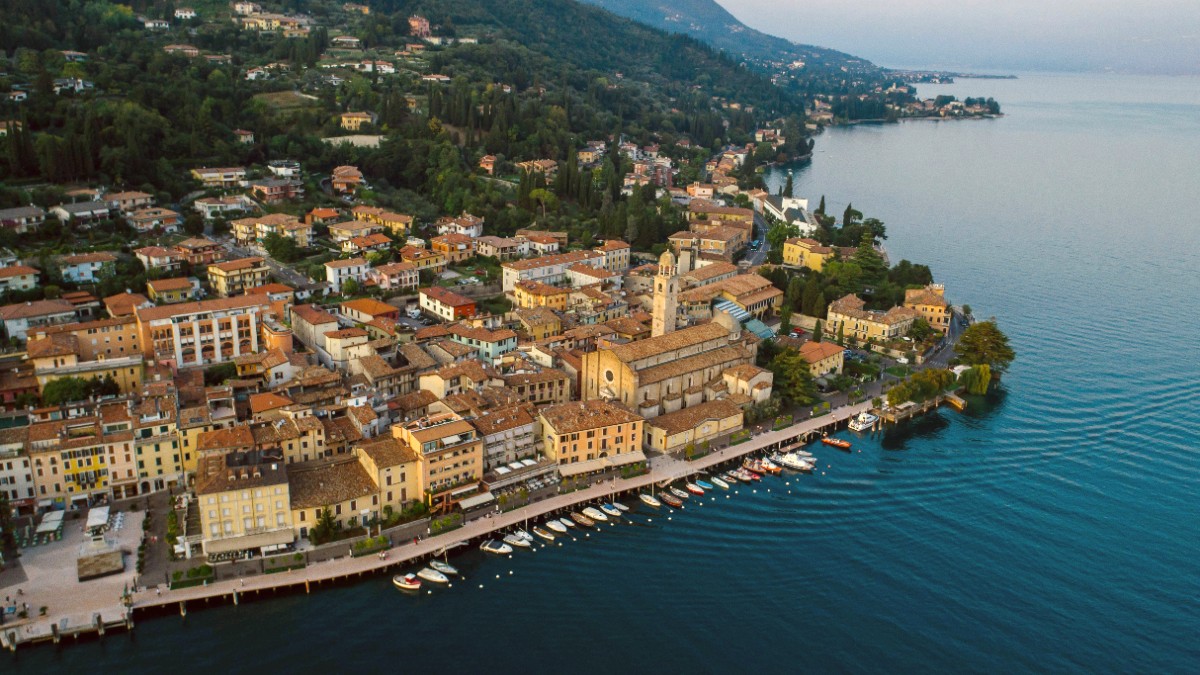
Lombardy And The Lakes, Italy
Parco delle Colline di Brescia, surrounding the city, safeguards natural landscapes and biodiversity. Regional Parks around Lake Garda and Lake Iseo preserve their ecosystems.
Italy has a comprehensive system for waste separation and recycling. In Brescia, find separate bins for paper, plastic and metal, glass, organic, and mixed waste. Follow local sorting rules.
Responsible water use is always encouraged. Take shorter showers, turn off taps when not in use. Consider refilling a Reusable water bottle instead of buying single-use plastic bottles.
Make conscious choices that benefit local communities and the environment.
Consider offsetting the carbon emissions from your flights through reputable carbon offset programs.
When booking, look for hotels or B&Bs that promote environmental certifications or explicitly state their sustainable practices.
Support local cultural institutions like the Santa Giulia Museum, which actively preserves Brescia's heritage. Attend local festivals and traditional performances.
Learning a few basic Italian phrases ("Buongiorno," "Grazie," "Per favore") shows respect. Practice patience and enjoy the slower pace, especially with service.
Look for "Made in Italy" products and genuine artisan crafts. These often signify higher quality and fair compensation for producers.
Explore conservation-supporting goods.Avoid mass-produced souvenirs. Consider products from sustainable brands like Patagonia or reusables from Package Free Shop.
Find reusable shopping bags.When buying souvenirs, prioritize items crafted by local artisans. This supports traditional skills and directly benefits the community.
Your travel choices have a direct economic impact on the local community.
Choose locally owned businesses for your accommodation (e.g., family-run B&Bs), dining (trattorias, osterie), and shopping (local boutiques, artisan workshops).
Be aware of common tourist scams and avoid situations that seem too good to be true.
Always seek permission before taking photos of individuals, especially children. Be mindful in residential areas; avoid photographing people's homes without consent.
Do not use telephoto lenses to photograph people from a distance without their knowledge.
Some museums, churches, or private establishments prohibit flash photography or photography altogether.
Ensure your photography aligns with local customs and sensibilities.